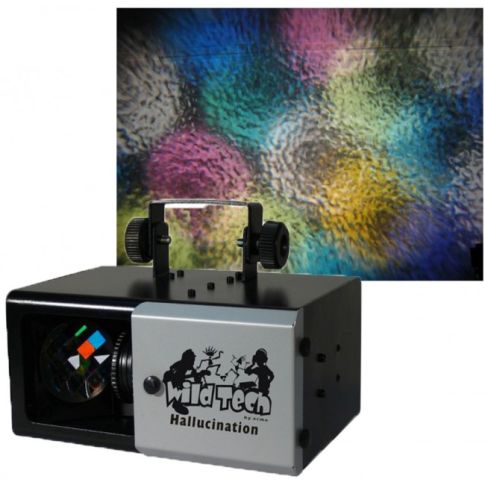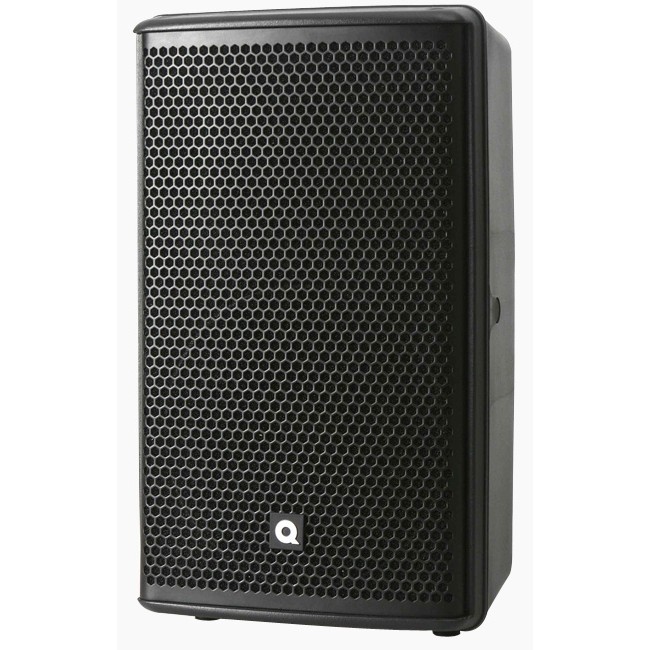We use cookies to make your experience better. To comply with the new e-Privacy directive, we need to ask for your consent to set the cookies. Learn more.
Choosing the Right Audio-Visual Equipment for Your Event's Needs

Introduction
Audio-visual equipment is crucial to the success of any event, whether it is a corporate conference, a wedding, a concert, or a seminar. Choosing the right audio-visual equipment is an essential step in ensuring that your message is effectively conveyed and that your audience has a seamless and enjoyable experience. This guide will explain the key factors to consider when choosing audio-visual equipment.
1. Define Your Event's Objectives
Defining clearly the objectives of your event will assist you in selecting the most appropriate audio-visual equipment. How do you plan to use your event? Is it an educational seminar, an entertainment show, a product launch, or a wedding celebration? The nature of your event will dictate the type of audio-visual equipment required. For example, a corporate seminar may require high-quality projectors and microphones, while a live concert will require powerful sound systems and stage lighting.
2. Understand Your Audience
Choose equipment that will accommodate a large number of attendees and provide an enjoyable experience for them. You may be able to use a projector and a couple of microphones if you are hosting a small corporate meeting. For the audience to fully participate in a large-scale event like a music festival, sound reinforcement and video screens would be necessary.
3. Venue Assessment
Considering the venue in which your event will take place will significantly influence your equipment choices. The size and layout of the venue, as well as its acoustics and lighting conditions, will significantly influence your equipment choices. It is crucial to visit the venue in advance to assess these factors. There might be different technical requirements for different venues. For example, outdoor events may require weatherproof equipment, whereas an indoor conference room may require specialized lighting arrangements.

4. Audio Equipment
A quality audio equipment setup is essential to any event. The number, type, and type of microphones, speakers, amplifiers, and mixers will vary depending on the size of the audience and the event's nature. To ensure a clear and balanced sound, you should ensure that your audio equipment is free of distortion and feedback. For more significant events, it may be necessary to hire a professional sound engineer to oversee the audio installation.
5. Visual Equipment
Displays and projectors are all examples of visual equipment. Your choice of visual equipment should reflect the content you intend to present. In the case of presentations, slideshows, or videos, high-quality projectors and screens are essential. During events focused on visuals, such as art exhibitions, LED walls or displays may be more appropriate.
6. Lighting
The lighting of your event can greatly enhance the atmosphere and visual impact of your event. Choose a type of lighting that complements the theme and mood of your event. For example, a wedding may require soft and warm lighting, whereas a dance party would benefit from dynamic and colourful lighting effects. Furthermore, lighting can be used to highlight some aspects on stage or in a venue.
7. Staging and Rigging
Choosing the right stage size, design, and rigging options is crucial. The stage needs to accommodate presenters and performers as well as integrate smoothly with audio-visual equipment. When it comes to rigging equipment, safety is paramount, especially for events with hanging elements like LED screens or lighting fixtures.
8. Backup and Redundancy
A technical failure can be devastating if you're not prepared. Make sure you have a backup plan and redundant equipment. This includes spare microphones, projectors, cables, and power sources. A backup power source, such as a generator, can keep your event running in case of power outages.
9. Budget Considerations
Your budget will heavily influence equipment choices. Maintain a balance between your event's objectives and your financial constraints. Rental equipment from a reputable audiovisual provider can be cost-effective and ensure you have access to the latest technology.
10. Professional Support
Consider hiring an audio-visual professional to assist with equipment selection, setup, and operation. Audio-visual professionals will guarantee that your event runs smoothly and that the equipment is fully utilized.
Conclusion
Choosing the appropriate audio-visual equipment for your event requires careful planning and consideration at Wwave. You can create an unforgettable and successful event by clearly defining your objectives, understanding your audience, evaluating the venue, and selecting the appropriate audio, visual, lighting, and staging equipment. In order to ensure an engaging and seamless experience for your audience, be sure to budget wisely and consult with a professional whenever necessary.
